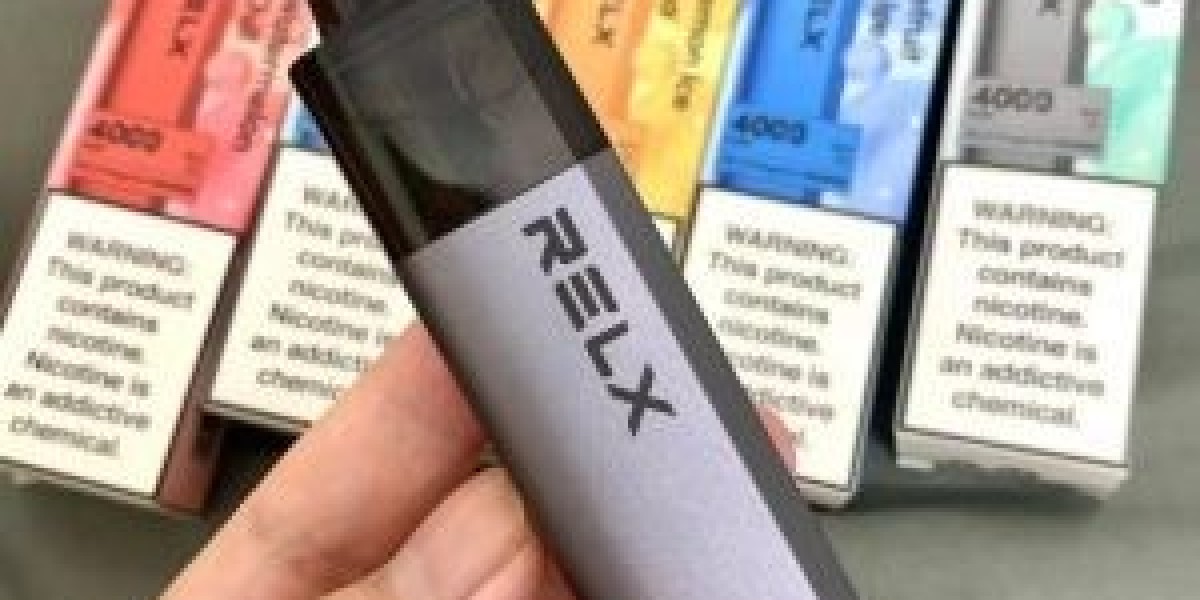Biological Indicator Incubator: Ensuring Sterilization Accuracy and Safety
In the world of healthcare, pharmaceutical manufacturing, and laboratory environments, sterilization is paramount. Proper sterilization ensures that medical instruments, lab equipment, and pharmaceutical products are free from harmful microorganisms, preventing infections and contamination. One of the critical tools that guarantee sterilization effectiveness is the Biological Indicator Incubator. This device plays a vital role in validating sterilization processes and maintaining safety standards. Let’s explore what a biological indicator incubator is, how it works, its importance, and the trends shaping its use today.
What is a Biological Indicator Incubator?
A biological indicator incubator is a specialized laboratory device designed to provide controlled temperature conditions for the incubation of biological indicators (BIs). Biological indicators are test systems containing highly resistant spores of specific microorganisms. These spores serve as a benchmark to verify whether a sterilization cycle has effectively destroyed all microbial life.
After sterilization, biological indicators are placed in the incubator. The controlled environment allows any surviving spores to germinate and grow, signaling a sterilization failure if growth occurs. Conversely, no growth indicates that the sterilization was successful.
Components and Functionality
At its core, a biological indicator incubator maintains precise temperature control, typically around 55°C to 60°C, optimal for the growth of the bacterial spores commonly used in BIs. The incubator is equipped with:
Temperature control system: Ensures stable and uniform temperature distribution.
Timer or digital display: Tracks incubation periods and provides data logging for record-keeping.
Alarms and indicators: Alert users if the temperature deviates from set parameters.
Shelving or racks: Hold biological indicators securely during incubation.
The incubation process usually lasts between 24 to 48 hours, depending on the type of spores used and the sterilization method being validated.
Why is a Biological Indicator Incubator Important?
Sterilization processes can vary from steam autoclaving, ethylene oxide (ETO) gas sterilization, to radiation. While chemical indicators and physical monitors provide quick feedback on sterilization parameters, they cannot guarantee the complete destruction of microbial life. Biological indicators are the gold standard for this validation because they directly test the sterilization efficacy on the toughest microorganisms.
Here’s why the incubator is crucial in this context:
Validation of Sterilization: The incubator enables the growth of spores if sterilization fails, providing definitive proof.
Compliance with Standards: Regulatory bodies like the FDA, ISO, and CDC require sterilization validation using biological indicators.
Patient Safety: Ensuring instruments and products are sterile reduces risks of infection and cross-contamination.
Process Improvement: Data from incubator results help manufacturers fine-tune sterilization cycles for efficiency and safety.
Common Applications
Biological indicator incubators are widely used in multiple sectors:
Healthcare Facilities: Hospitals and clinics validate the sterilization of surgical tools and equipment.
Pharmaceutical Industry: Ensures aseptic processing and sterile manufacturing environments.
Research Laboratories: Validates sterilization of glassware, instruments, and experimental materials.
Medical Device Manufacturing: Confirms sterilization in production lines for implants and devices.
Advances and Innovations
The biological indicator incubator market has seen technological improvements aimed at increasing reliability, ease of use, and data management:
Digital and Automated Incubators: Modern incubators feature touchscreen controls, automated temperature adjustments, and connectivity for remote monitoring.
Data Logging and Reporting: Integrated software systems allow users to track incubation cycles, generate reports, and maintain audit trails, critical for regulatory compliance.
Compact and Portable Designs: Smaller, lightweight models make it easier for use in various lab settings and onsite sterilization checks.
Faster Detection Systems: Newer biological indicators coupled with advanced incubators can reduce incubation times, accelerating sterilization validation.
Challenges and Considerations
Despite their critical role, biological indicator incubators face certain challenges:
Cost: High-quality incubators with automation and data logging capabilities may represent a significant investment.
Maintenance: Regular calibration and upkeep are necessary to ensure accuracy and compliance.
Training: Proper operation requires trained personnel familiar with incubation protocols and interpretation of results.
Environmental Conditions: Incubators must be placed in stable environments free from temperature fluctuations and contaminants to ensure reliable results.
Choosing the Right Biological Indicator Incubator
When selecting an incubator, organizations should consider:
Temperature accuracy and stability: Critical for spore germination and reliable results.
Capacity: Depending on the volume of biological indicators processed.
Ease of use: User-friendly interfaces reduce operator error.
Data management features: For regulatory compliance and traceability.
Support and service: Availability of technical support and calibration services.
The Future of Biological Indicator Incubators
The future of sterilization validation lies in integrating biological indicator incubators with smart technologies. Artificial intelligence (AI) and machine learning could analyze incubation data in real-time to predict sterilization failures before they occur. Wireless connectivity and cloud storage will enhance remote monitoring, making the sterilization process more transparent and efficient.
Additionally, the development of rapid biological indicators and corresponding incubators that can detect microbial growth in hours rather than days will revolutionize the industry, allowing faster turnaround times and increased productivity.
Conclusion
A biological indicator incubator is an indispensable tool in ensuring sterilization effectiveness across healthcare, pharmaceutical, and laboratory sectors. By providing a controlled environment for spore growth detection, it offers the highest assurance that sterilization processes have been successful. As technology advances, these incubators continue to evolve, delivering more precise, efficient, and user-friendly solutions for sterilization validation.








